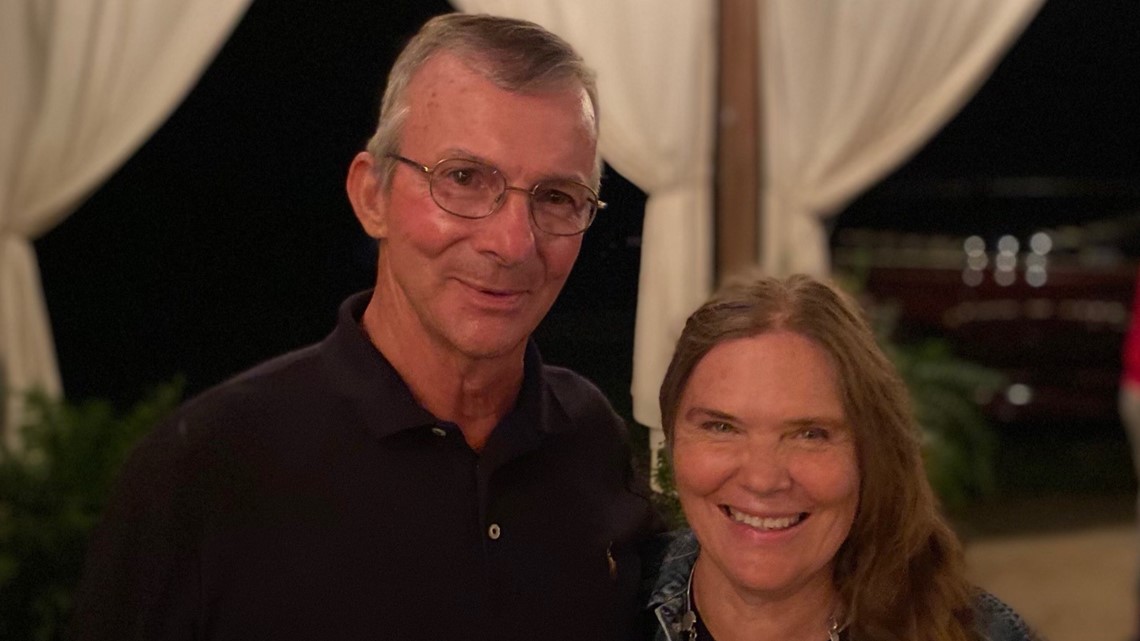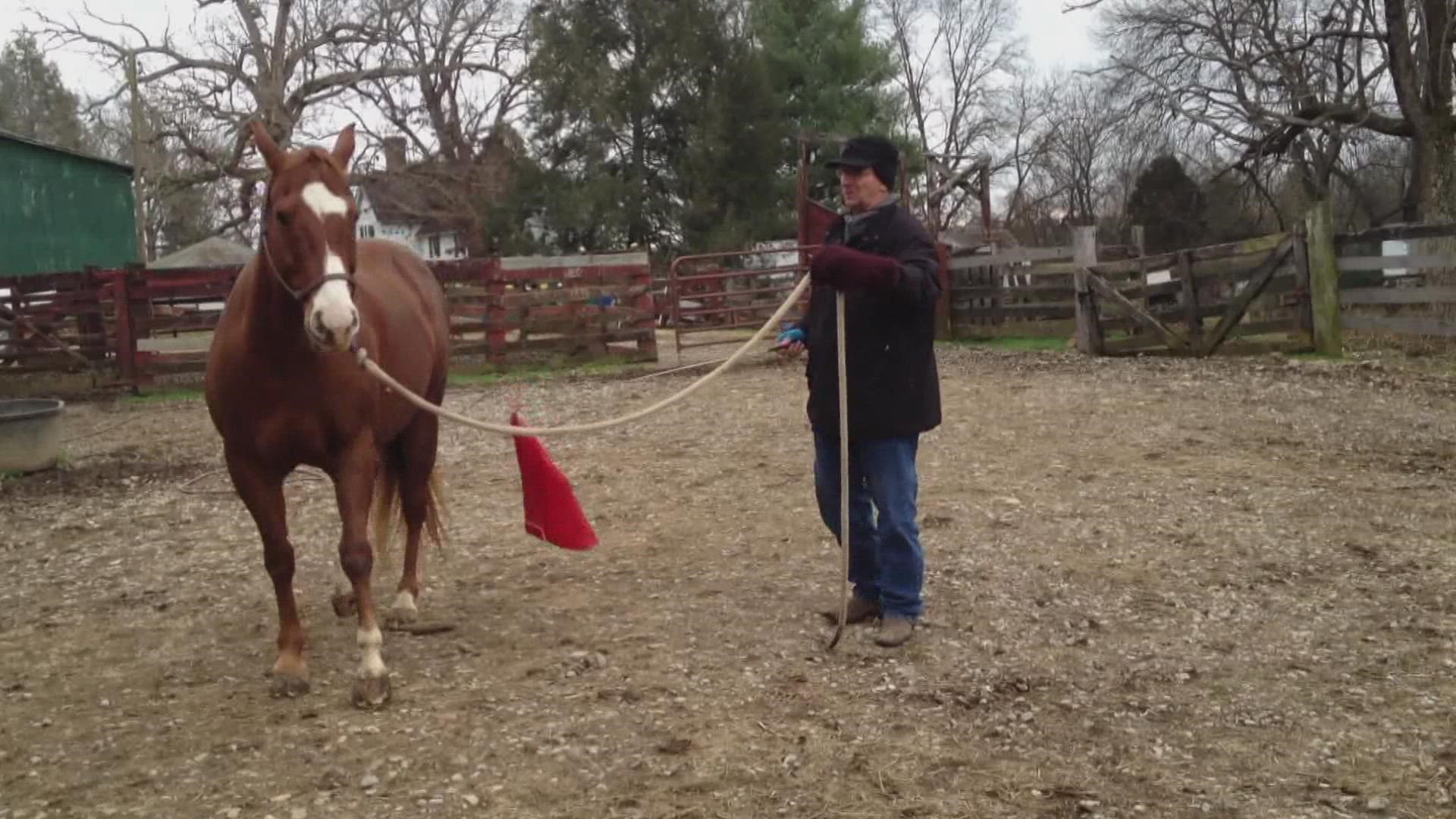KNOXVILLE, Tenn. — It doesn't matter what day you visit the farm. You will almost certainly find John Niceley on the back of a horse galloping across the oldest working farm in Knox County — Strong Stock Farm. It traces its roots to 1791 and consists of around 1,000 acres of pastures and woodlands along the Holston River.
“We probably have close to 400 to 500 head of cattle,” Niceley said.
Cattle are his business, but horses are his love.
“You know, you just have to admire their power, their endurance and their will and their constitution and the list goes on and on. But riding a good horse is just, it just kind of it makes you a different creature. You're part horse, and you're part human. And the two of you together can do things that you can't do otherwise,” Niceley said.

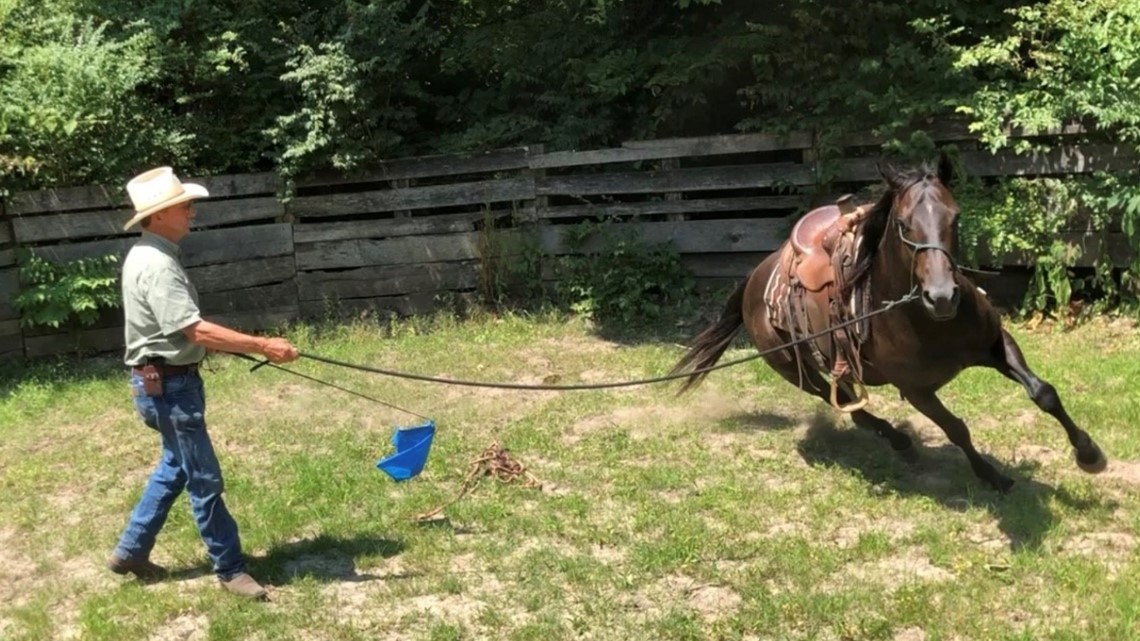
A solo journey in the saddle, complete with half a year overseeing around 100 head of cattle on an isolated mountain, helped Niceley come to terms with his military service as a combat medic during the late 1960s in Vietnam.

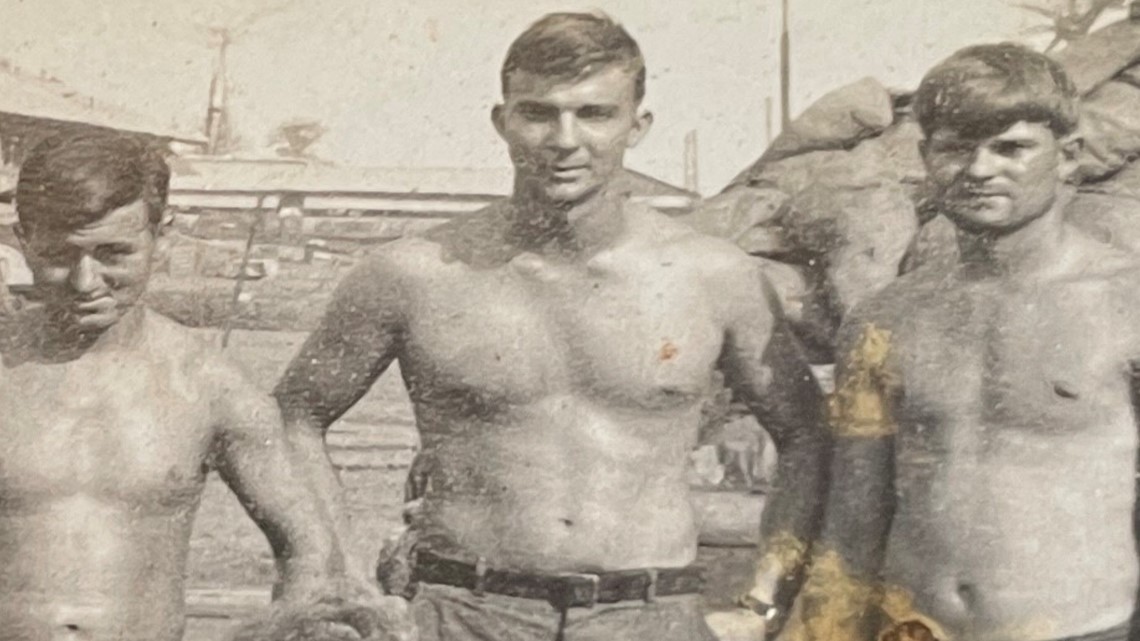

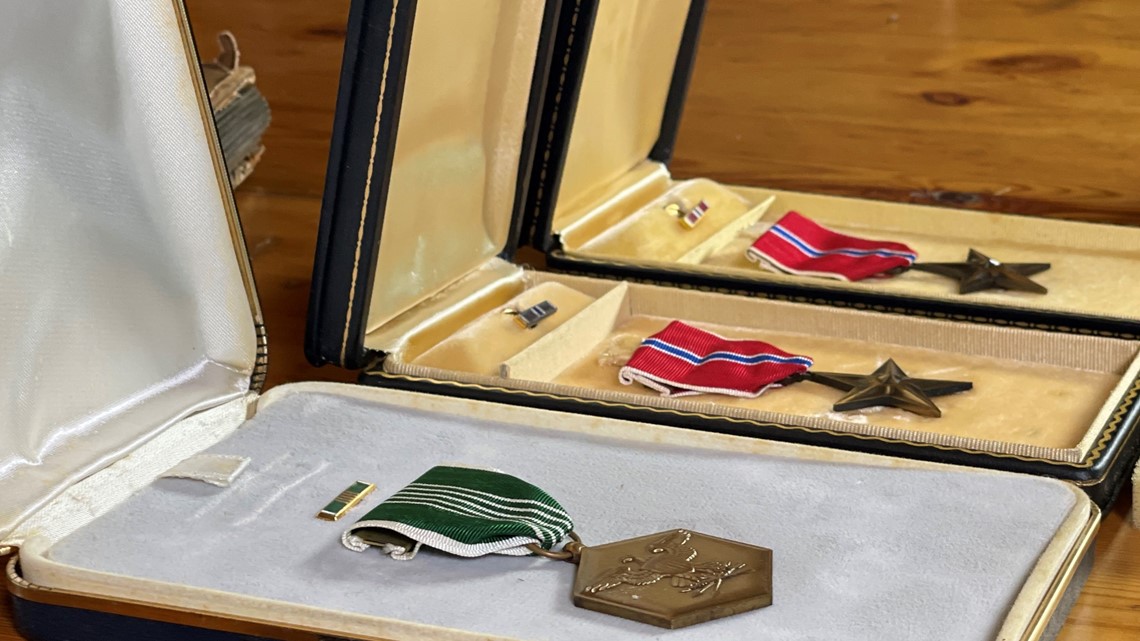
“When you first came out, you didn't think there was anything wrong with you. You thought that the other guy had PTSD [Post-Traumatic Stress Disorder] and it didn’t affect you. But, it did,” Niceley said.
Later, the accomplished cowboy would become a disciple of what is commonly referred to as “natural horsemanship.” It’s a style of horse training that involves “starting” a horse instead of “breaking” it.

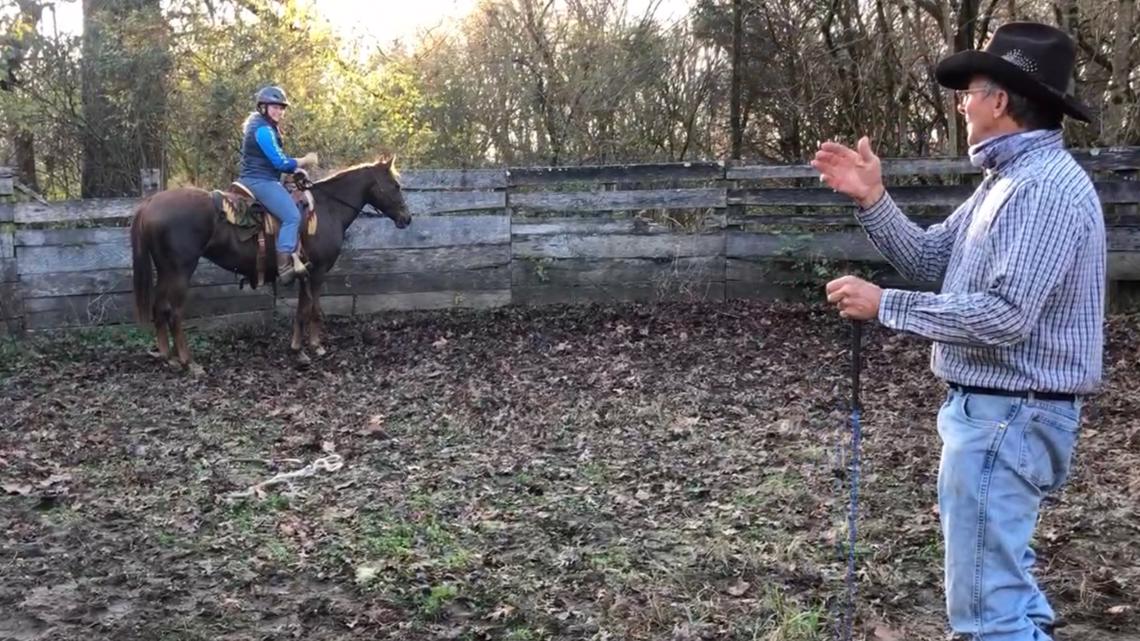
“I can't ever figure out what would make somebody think that whipping a horse would make him want to be around you or make him want to be your friend. And your horse needs to be your friend — you need to have a good relationship with the horse if you are going to survive, and when you get in a wreck. You want him to be there for you instead of leaving you high and dry,” Niceley said.
For years, he would impart the lessons learned from Ray Hunt, a founding father of an alternative approach to training horses. And then, like one of his longtime friends, Stan Brock, Niceley would train people from all walks of life, rich or poor, on how to build a relationship with a horse.

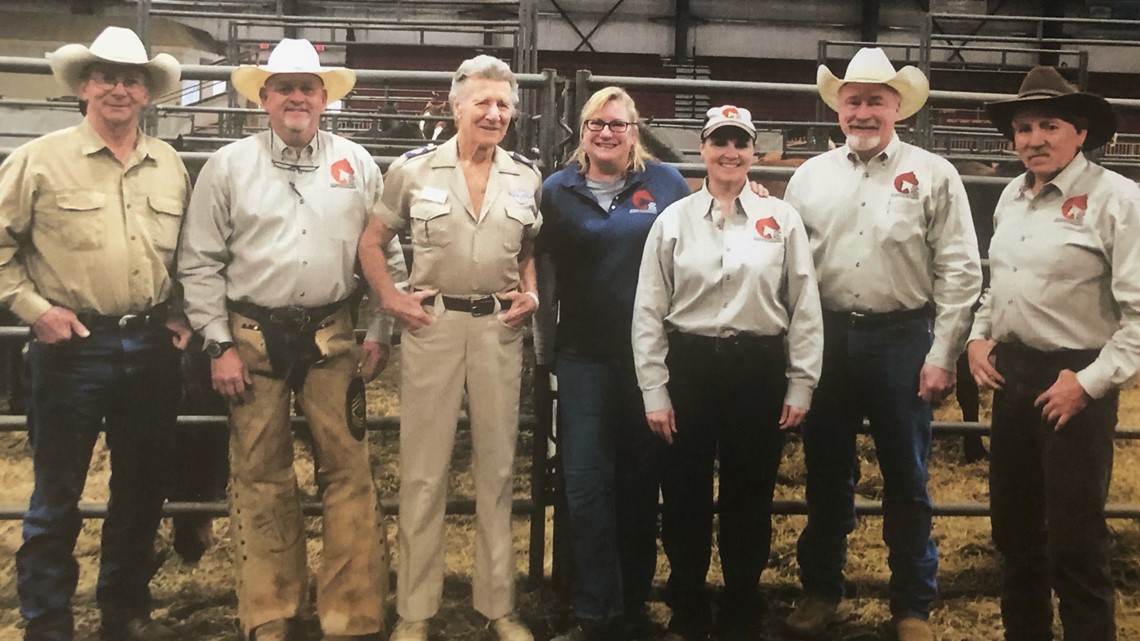
“Tom Dorrance said it's your job to keep a horse from getting troubled to the point that he feels the need to buck and that's kind of pretty profound,” Nicley said.
In addition to an on-camera interview, WBIR also posed the following 10 questions to John Niceley about the impact of his military service on the rest of his life.
1. What one person influenced you most in life?
It would about have to be Mal Bennett. He was a father figure who worked on my farm for years.
2. Do you feel honored and respected for serving your country?
I do now. I probably didn’t as much years ago, but I do now.
3. How can people thank you for your military service?
I think by just answering the call if it comes to them. Pay it forward to another generation.
4. How do you honor your fellow servicemen and women?
I went by and visited one of my best friends. He had a hat on that said, "God is my father and soldiers are my brothers." That’s how I think of it.
5. How do you think this generation of service men and women is different or similar to yours?
I don’t have firsthand experience — outside looking in. But I’m guessing they have struggles like everybody else that’s ever done that.
6. What influence did your military service have on the rest of your life?
I think it made me realize I had some value and purpose. Hard to explain, to put it in words. But by being a medic and being there when they really needed you, that was a good deal.
7. Does your family have a history of military service?
Yes and no. My father was too young to serve, but just about all my family was in the Civil War. My oldest brother was in the military.
8. Would you encourage younger generations in your family to join the service?
I would, but their mother wouldn’t. I think it would be good if it was almost mandatory that everyone to serve. It is very rewarding.
9. How has your opinion of war changed?
It’s something that lingers. I don’t know that it is necessary. In a perfect world, it wouldn’t be necessary.
10. How did your military experience shape your faith?
It totally and completely did. You find a peace. You are good with whatever happened.

